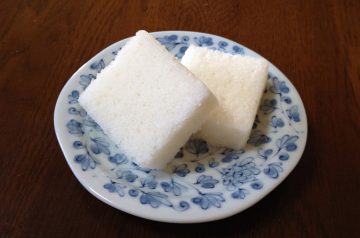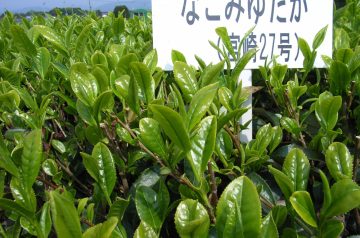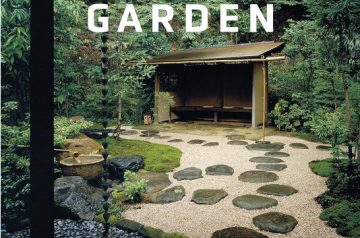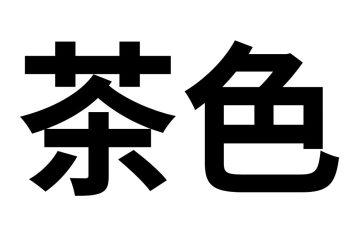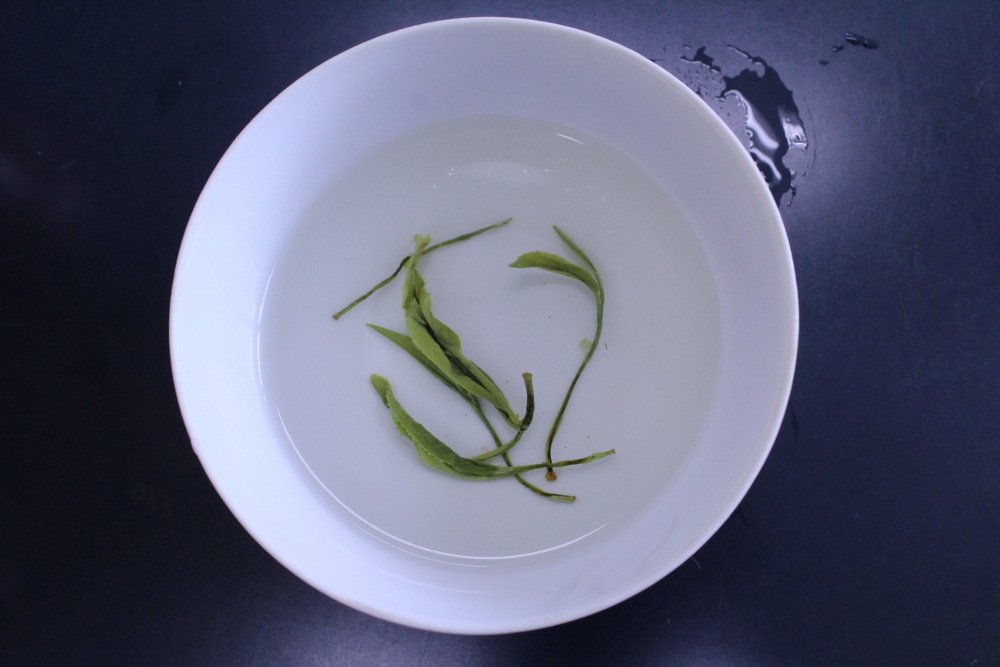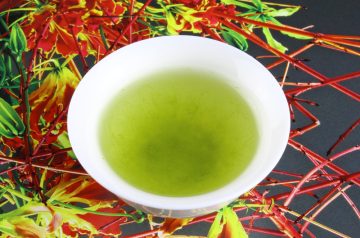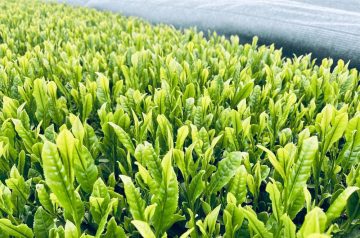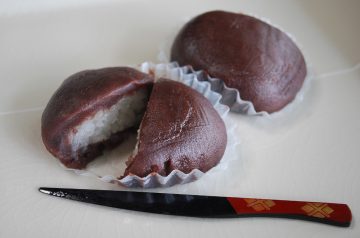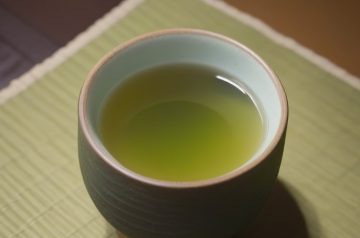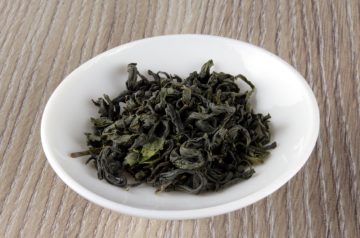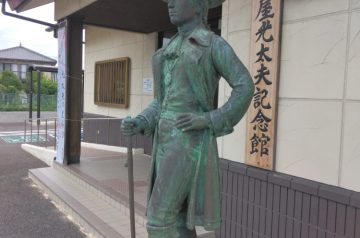Karukan (軽羹) is a traditional sweet from Kyushu. It’s made with rice flour, Japanese mountain yam (山芋, yamaimo, Dioscorea japonica), sugar, and water. Japanese mountain yam is the most...
The Nagomiyutaka Tea Cultivar
Nagomiyutaka (なごみゆたか) can be translated as “relaxing richness”. It was named this way because it is rich in L-theanine, which is a relaxing compound. History of Nagomiyutaka In 1988...
Inside Your Japanese Garden (Book Review)
Over the last few years I’ve been growing plants and moss in my balcony as a hobby. I don’t know much about architecture nor garden design, but I was...
Chairo: The Color of Tea
In Japanese, chairo (茶色) literally means “tea color”. Oddly enough, this color is brown instead of green. Green tea leaves are green, and the liquor of most Japanese green...
Having Tea Leaves in the Teacup
Usually, after the tea leaves are infused, only the liquid is poured into the teacup. That is, the tea leaves are filtered out. If we keep the tea leaves...
Dobashien Asatsuyu Sencha
I’m a big fan of Asatsuyu, because this cultivar results in a sencha with a bold umami taste. That’s why I’m happy to review this tea. Dobashien is a...
The Sayamaakari Tea Cultivar
Sayamaakari (さやまあかり) is basically an upgraded Sayamakaori. Its name means “Sayama light”. The name was chosen with the hope that it will shine a bright light upon the future...
Ohagi
Ohagi (おはぎ) is a traditional Japanese sweet (wagashi). It’s also called botamochi. It consists of steamed mochi rice, sometimes with the addition of uruchimai (the standard Japanese rice). The...
The Tea Recipe Book: 50 Hot and Iced Teas from Lattes to Bobas (Book Review)
This book is from Nicole Wilson, a fellow tea blogger. She published the book about a year ago, but I hadn’t bought it because I mostly drink straight loose...
Take the Time to Appreciate Tea
I’ve noticed that when I review a tea, I enjoy it much more. It happens because I actually take the time to appreciate it. Normally, we’re all constantly interrupted...
Sugimoto Tea Samidori Kamairicha
I received a special sample from Sugimoto Tea. It’s a single cultivar kamairicha from this year’s spring harvest. This type of tea is uncommon, but it’s even more uncommon...
The First Japanese Person to Drink Black Tea
November 1st is black tea day in Japan. While Japanese green tea has a long tradition, black tea was for the most part unknown in Japan’s history. Let’s remember...


